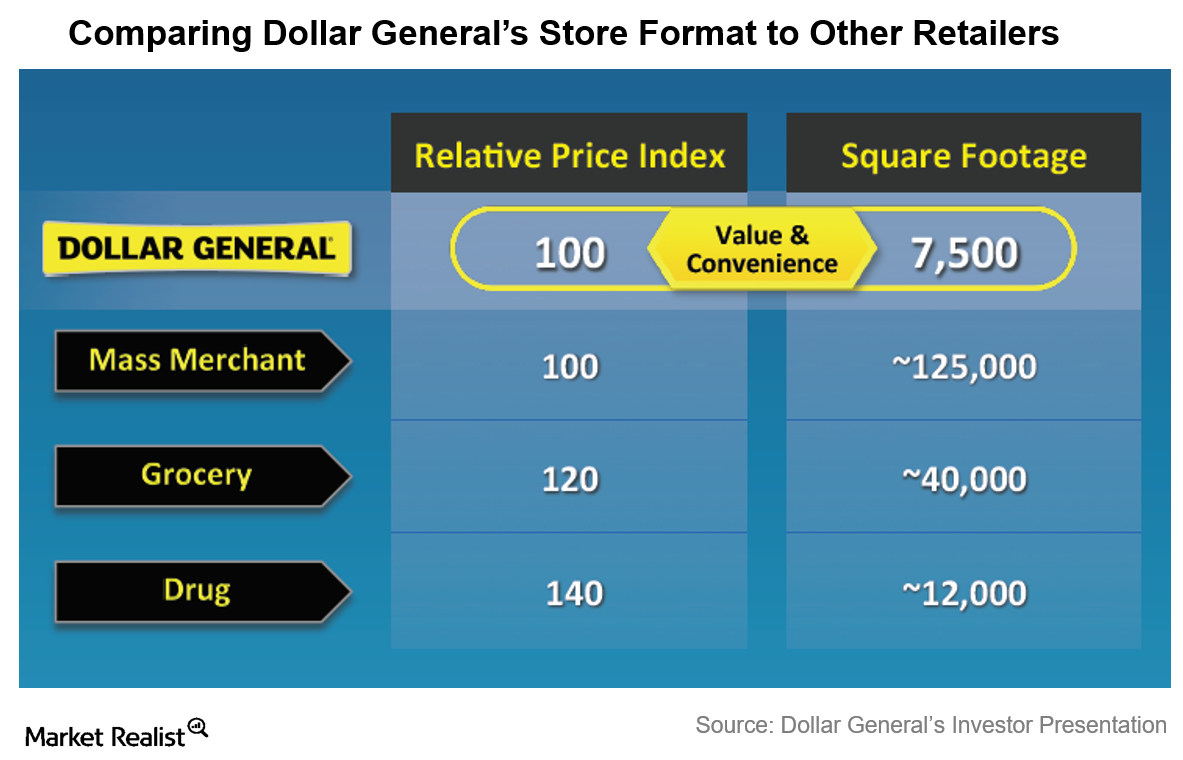Dollar Stores Explored
What makes these boring retailers such great compounders?
The Case for the Dollar Store
How do seemingly boring and mediocre dollar store businesses do so well? Only over the last few years have I been aware of the amazing consistent growth apparent with some of the successful dollar store businesses such as Dollar General, Dollar Tree in the US and in Canada, Dollorama.
Attractive Reinvestment
These operators can redeploy cash flows into new markets because they don’t need hugely populated cities to open new stores. For example, it is estimated that 70% of stores are located in towns of 20,000 people or less for Dollar General. These small towns have little competition for retail or grocery offerings and there are so many small towns in North America to do this. They can also buy up smaller mom and pop dollar stores as an alternative.
For some context, Dollar General has enjoyed ROICs of 13-16% per year for the last decade or so. Dollar Tree has been more volatile but similar on average while Canada’s Dollarama has enjoyed even higher returns for their reinvested capital over the same period.
Small Footprint
A dollar store is generally a small footprint with steady sales throughout the day requiring less staff per store and a quicker payback period for new stores to be profitable. A lot of the inventory is small and doesn’t take up much shelf space and also doesn’t require much space to be displayed like other retail operations like high fashion or luxury goods. The revenue per square foot is pretty good and the margins are also quite good, as well as the capital turns.
Location, Location, Location
Dollar stores often aren’t competitive with a Walmart, Target or large grocery store offering. This is why the best dollar store operators will be as strategic as possible with location. These other big box retailers require a lot of space and therefore tend to be outside bigger centers. Dollar stores can be put in smaller towns, underserved poorer communities and suburban areas where the Walmarts of the world are far away and time consuming or not accessible via foot traffic.
Here’s an interesting take on the strategic nature of the locations for dollar stores in the US.
The Dollar Shoppers’ Mind
Shoppers who enter a dollar store do not take the time to consider the actual value they are getting. They will generally assume what they get at the dollar store must be cheap, it’s a dollar store, after all. The reality is exactly the opposite. Often they are receiving lower quality and smaller volume items which can equate to more expensive purchases. But their brains aren’t wired to allow them to second guess these purchases because they just count 1 dollar, 2 dollars, etc. for the number of items they need. Dollar stores know this and it is a huge advantage.
They can get away with irrational and uncompetitive pricing just like a luxury brand could; and for similar reasons. For context, dollar stores report gross margins from 30-45% vs significantly lower gross margins for bigger stores like Walmart and Target (25-30%) or grocers like Kroger (20%).
What Innovation?
It just doesn’t make sense for the Amazons of the world to offer much competition for the dollar store business. The idea of shipping low value product to individuals is problematic even for the modern internet shopping industry. I suspect this will evolve with time but for now, the unit economics are not attractive and even if they were, dollar store shoppers are not the type to do as much online shopping.
The Downside
There isn’t much stopping competition from entering the space given the simple business model and well understood retail advantages discussed above. While scale does play a role, big retailers could enter the mix and end up eroding future growth potential by offering their own versions of the dollar store experience.
As an exercise, think of any retailer that appeals to you as an investment today, identify the arbitrage spread it’s exploiting, and ask yourself why you believe that gap will remain intact for 20 years, 10 years, or even five years.
Mohnish Pabrai
Pabrai wrote an interesting letter describing the perils and risk with retailers and I tend to agree with him. In general, retailers are not good businesses for the long term as they have a hard time repeating business and maintaining any significant moat. For this reason, I tend to mostly avoid them. While there are always exceptions, I don’t know that I have the ability to distinguish a great retail operation from the herd.
Let me know what you think and please share if you enjoyed my writing ✍️.
Follow me on twitter @MoS_Investing





